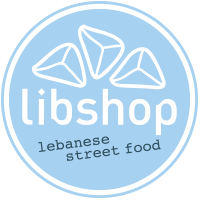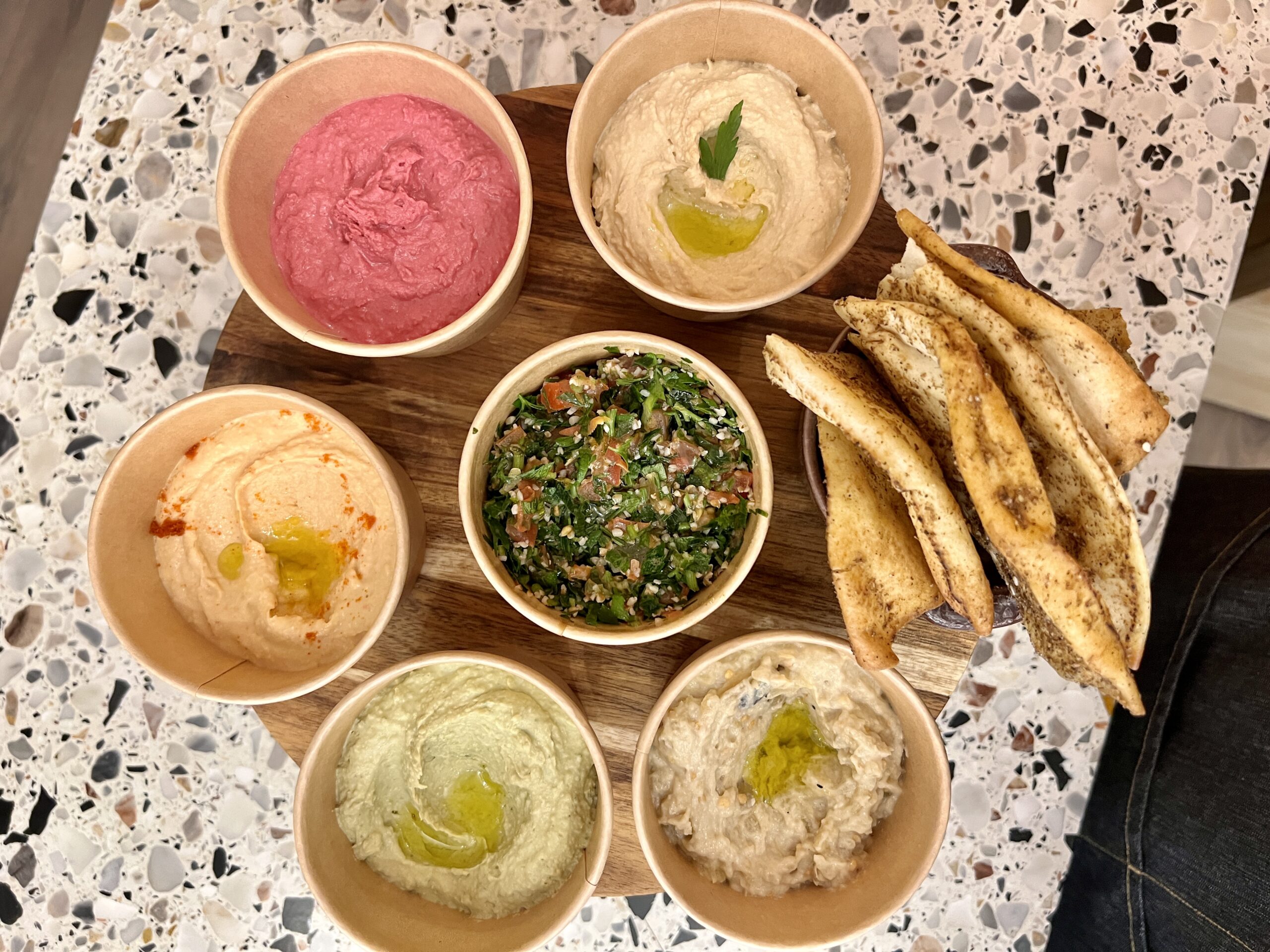Eating while enjoying it and improving your health and your waistline is an equation that is a priori difficult to solve. However, there are certain methods to achieve this, including choosing a suitable diet, and a lifestyle that would limit sedentary lifestyle.
And among the possible food choices, there is a diet, a way of eating which, according to the data available in the scientific literature and observational statistics, would be correlated with record longevity and good health.
These include, among other diets, Mediterranean diet (or the Cretan diet), of which the populations who shared this dietary method shone by a healthy life expectancy, and an extremely low incidence of so-called “civilizational” metabolic diseases, including overweight, type 2 diabetes, cardiovascular diseases, chronic inflammatory diseases such as allergies or dermatological problems, chronic pain and even certain cancers.
✨
At the house of Libshop, we are specialized in the manufacture artisanal of mezzes, shawarma, falafel, Lebanese-inspired dishes and pastries for more than 10 years.
👉 Book your table at one of the Libshop restaurants in Paris
👉 Order Libshop for click & collect or delivery
✨
But what does this diet consist of, and why could it work miracles in terms of health, vitality and waistline? This is what we will discover in this article!
The Cretan diet: definition
The Mediterranean diet was conceptualized in a 1950 study by a nutritionist american named Ancel Keys. The latter, after noticing that Cretan life expectancy was more substantial compared to the rest of Europeans, took an interest in the eating habits of the latter. At the end of his research, he concludes that the Cretans are great consumers of vegetables, legumes, whole grains and quality fats. He concludes that these foods constitute the basis of a healthy life, far from the risks of cardiovascular diseases and cholesterol, in addition to the Mediterranean lifestyle, which is focused on regular physical activity even up to a very advanced age, a exposure to light during the day, and the importance of social and family relationships.
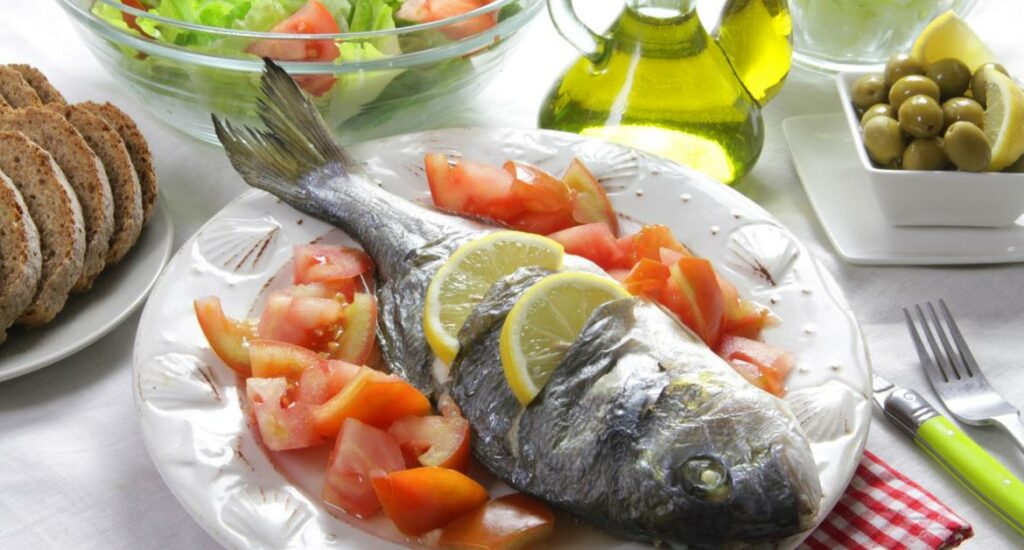
And what's more, this diet has the advantage of not prohibiting any particular food, even if it also limits the consumption of sugar, red meat and industrial products. This diet and its derivatives are consumed throughout the Mediterranean basin, from the south of France to the Middle East, including Italy, Greece, Turkey, the Maghreb and of course Lebanon.
Scientific studies
In the meantime, we realized that the studies carried out by Ancel Keys could have been biased, and the results of his studies were notably used in order to make the portion devoted to carbohydrates predominate in the dietary recommendations – that is to say sugars and particularly complex sugars such as starch, contained in cereals, rice, pasta and starchy foods in general – to the detriment of lipids, that is to say fats, which have been demonized in the during the 20th century.
Parallel to this thorny subject which opposes the “pro-carbohydrates” to the “pro-lipids” on which we are not going to dwell on here, both camps recognize that the Mediterranean diet, by being based on raw and natural foods, both rich in carbohydrates and in good quality lipids, gives much better health results than the modern “standard” diet, rather rich in carbohydrates and lipids from poor quality foods.
The term “quality” has a double meaning here:
- the first meaning consists of consuming organic food, grown naturally or from properly fed and free-range animals.
- the second meaning of the word "quality" is the fact that the foods highlighted in the Mediterranean diet roughly correspond to the foods that the body can perfectly metabolize, because it would have had time to adapt to these raw foods during human evolution, unlike processed foods from the agri-food industry, which are too “recent” from an anthropological point of view.
In other words, despite the questioning of Ancel Keys' theories, the Mediterranean diet is still associated, in practice, with record-breaking healthy longevity, and it is further characterized by a relatively high intake of good fats, which makes it a particularly interesting dietary method and which paradoxically goes against Western nutritional policy inherited from the theories of Ancel Keys.
Furthermore, other studies have confirmed that the Mediterranean diet provides much better health results than the standard modern diet. The Lyon study in particular followed 600 patients who had already suffered a myocardial infarction. They were divided into two groups, one of which was given a normal diet and the other a Cretan diet. After 27 months, the group subjected to the Cretan diet experienced a 80% drop in cardiac events with 8 deaths in the Cretan group compared to 20 in the control group.
The Mediterranean group notably consumed more plant products (vegetables, fruits, legumes, cereals), fewer animal products, but above all more oleic acid (omega-9 found in olive oil, to simplify) and alpha-linolenic acid (omega-3, found in small fish, and which tend to be anti-inflammatory) and much less saturated fat and omega-6 fatty acids , which tend to be inflammatory, and which are typical of modern, processed foods.
Other notable information that resulted from this study: the cholesterol level remained the same in the 2 groups, which tends to show, according to certain doctors and nutritionists with emerging theories, that cholesterol is not necessarily the cause of cardiovascular disease. , But that's another subject.
How does the Mediterranean diet work in practice?
The proteins
Eat the Mediterranean way, is to eat essentially fish and seafood during the week, three to four days a week, a little white meat and eggs from animals raised free-range and grass-fed, and quality dairy products (e.g. “real” homemade yogurt, cheese made from raw sheep or goat's milk, milk from cows poor in A1 beta casein, etc.), more rarely red meat, of course, but of good quality.
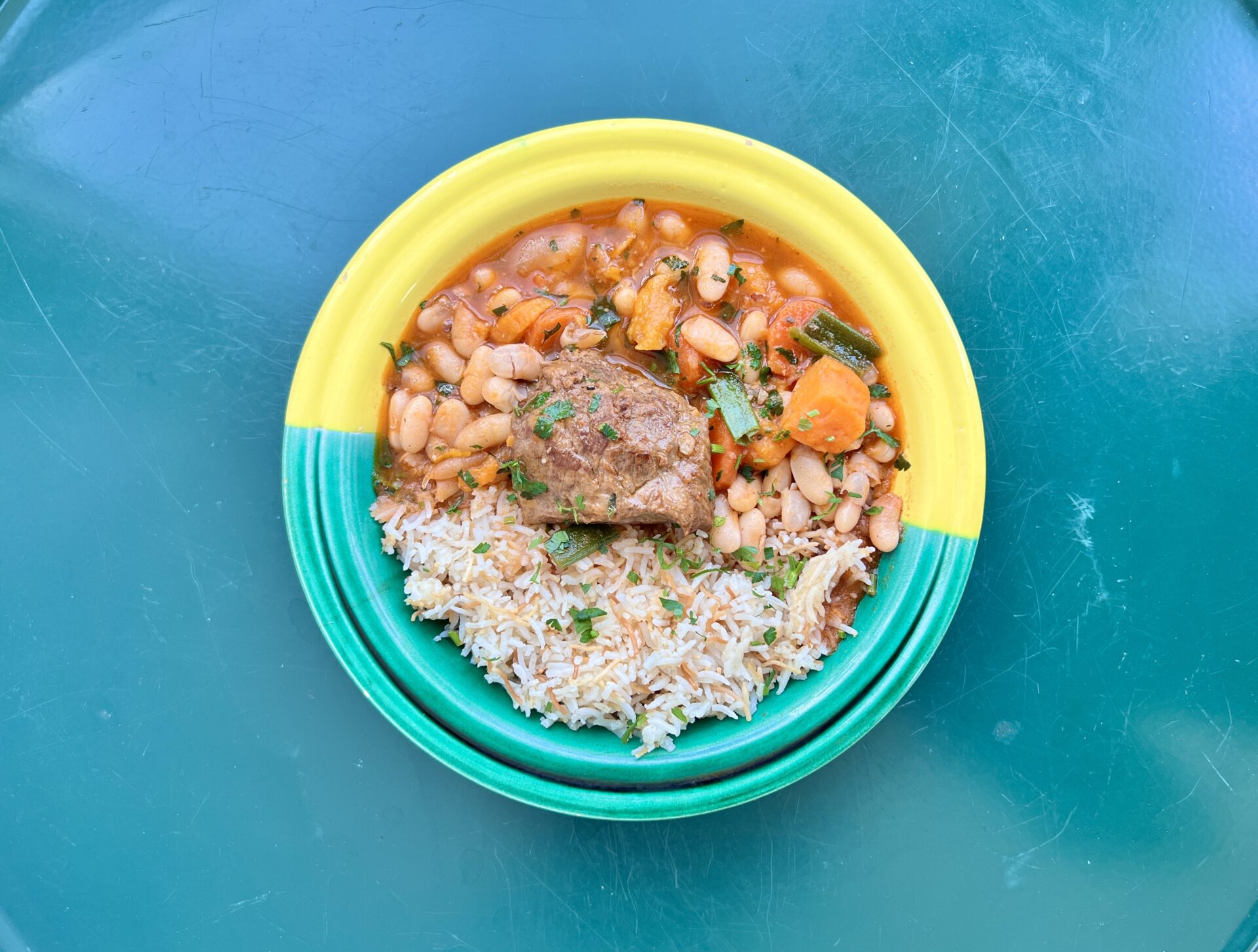
In terms of protein intake, we can supplement or sometimes replace animal protein with vegetable proteins, which we will find in the legumes (beans, chickpeas, lentils, beans), and in some seeds and other complementary ingredients such as lupine seeds for example.
Starchy foods
As for the starchy foods, they should be of very good quality, including whole or semi-complete cereals, legumes, whole or semi-whole rice, or even root vegetables such as parsnips, squash, sweet potatoes or potatoes baked in the oven and not fried in sunflower oil (rich in omega-6).
By favoring whole potatoes, steamed or baked, or even cooled and in salads, as is done in many Mediterranean countries, we will lower the glycemic index of the food, which will thus be metabolized more slowly in the body.
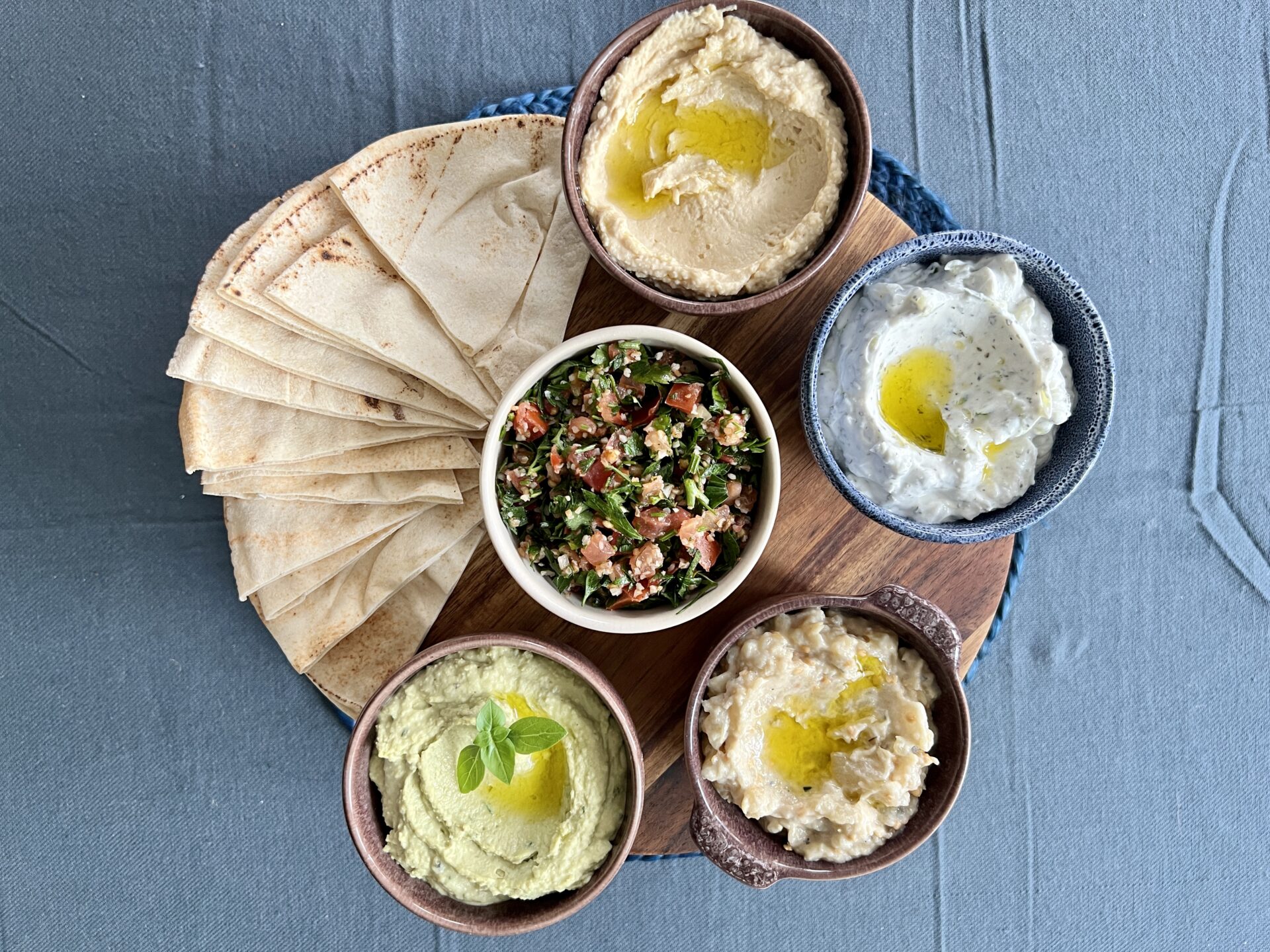
As a result, blood sugar, that is to say the sugar level in the blood, will rise less suddenly, and this will place less strain on the body and in particular on the pancreas to secrete the insulin necessary for the regulation of this. blood sugar. Hyperinsulinism is one of the likely factors leading to a number of metabolic diseases. in our sedentary societies, and the whole challenge in terms of optimizing health consists of cut back on foods that cause high insulin secretion.
To keep it simple and without going into complicated details, by moderating the consumption of foods rich in starch, by consuming them with plants, and by cooking them in a certain way – gentle cooking, not overcooked – we delay their metabolization, we protect ourselves from too rapid increases in blood sugar levels – which is beneficial – and we improve the feeling of satiety.
Lipids
As for fats, and this is the heart of the Mediterranean diet, we will favor olive and olive oil, possibly avocado even if it is obviously not Mediterranean, oilseeds such as walnuts, hazelnuts, almonds, and of course small fatty fish such as mackerel, sardines and possibly salmon.
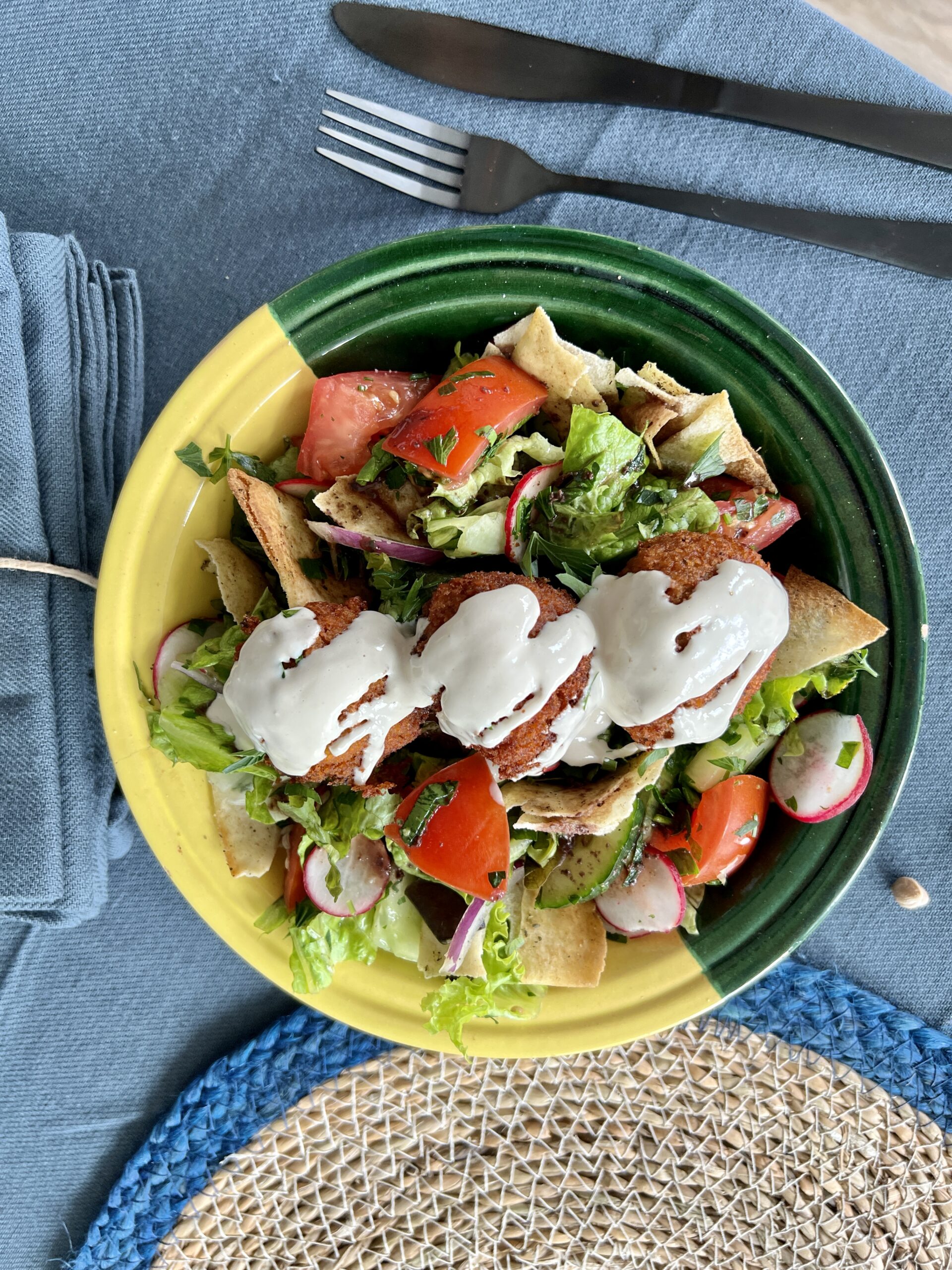
The main advantage of these fats, is that they are not pro-inflammatory, and that they are rich in omega-9 and omega-3, which are a type of fatty acids that are extremely useful for the body. Conversely, our “modern” diets are far too rich in omega-6 fatty acids (which we find in poor quality vegetable oils which are used to fry foods in particular, and in cereals given to animals), not to mention overly aggressive cooking methods which generate a lot of oxidative compounds, bad for health .
Vegetables, fruits and fiber
As for vegetables, the Mediterranean diet is among the richest in plants. At the base of the Mediterranean food pyramid, we will therefore very logically find all green vegetables as desired, leafy vegetables (salads, lettuce, parsley, etc.), stem vegetables such as asparagus, bulb vegetables such as garlic or onion, which are concentrates of micronutrients, vitamins and minerals, and of course fruits, to be consumed in moderation because they contain a lot of sugars.
Finally, the other keystone of the Mediterranean diet is to cook and season recipes with a maximum of herbs, aromatics and spices, in order on the one hand to give flavor to the preparations, but in addition to benefit from everything that these plants can provide that is good for health, such as for example the famous polyphenols that they contain.
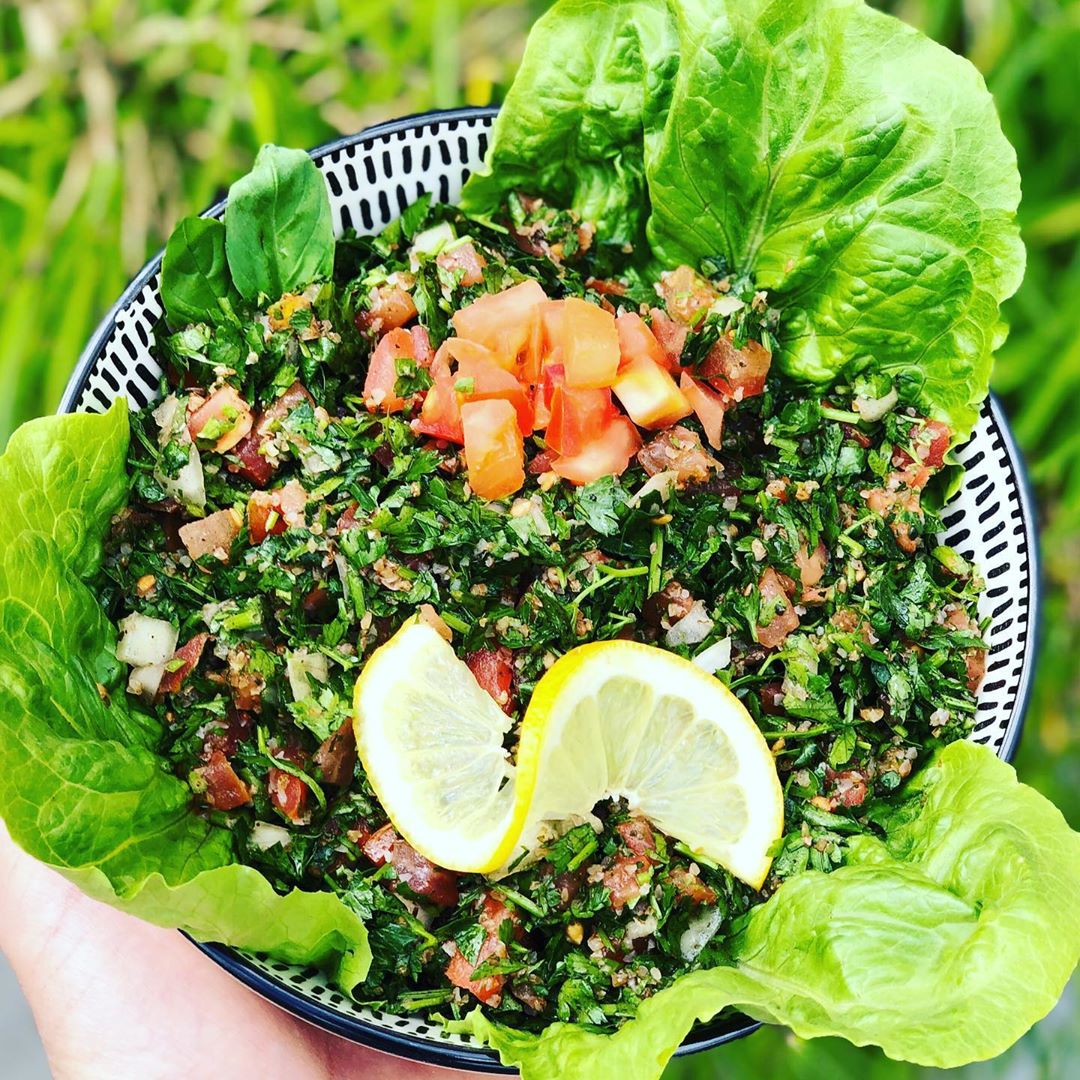
Polyphenols are compounds that plants produce to protect themselves from external aggressions. And scientific studies seem to show that These polyphenols are extremely beneficial for human health and for increasing healthy life expectancy.
All preparations therefore favor olive oil, lemon and herbs in terms of seasoning. These small details provide on the one hand most of the fats that the body needs, and on the other hand the aromatics which will give flavor to the recipes, and provide vitamins, minerals and antioxidants to the body. Antioxidants help fight “waste” in the body and fight against premature aging.
Concerning plants, we recall that they of course contain a significant quantity of fiber, which as long as they do not disrupt digestion too much, can nourish the intestinal microbiota, and improve mood, immunity and general health.
Result of the races, the mediterranean diet could lead to better health outcomes, prevent the risk of cardiovascular disease and reduce or at least delay the risk of contracting cancer or metabolic disease. The consumption of saturated fats, industrial sugar and processed products being very low, the Cretan diet is a reference ally both for health and for weightloss.
Foods to avoid
Apart from exceptional meals or small "breakdowns" which are obviously welcome, the idea not being to be infallible robots, the foods that should be avoided on a daily basis would be sodas, industrial meals already prepared, industrial fruit juices, industrial milk, “fake” cheeses, sugary breakfast cereals, foods made from refined cereals or white flour (white bread, sandwich bread, biscuits, rusks, etc.), poor quality starchy foods (industrial puree, white rice cooked too frequently, dehydrated noodles), sweet foods, and pastries.
We should also avoid recipes containing artificial flavor enhancers.
If we review the typical foods of the Mediterranean diet, and compare them with standard eating habits, especially the eating habits of the youngest, we quickly realize that we are generally quite far from the mark. . Indeed, standard habits unfortunately often revolve around hastily prepared cheese pasta dishes, dehydrated noodles devoid of protein and stuffed with flavor enhancers, white bread garnished with slices of chicken raised in poor conditions. and in which we find dextrose and preservatives, and daily sweet pleasures.
The benefits of the Mediterranean diet in summary
Without being a restrictive diet, the Mediterranean diet is therefore rich in monounsaturated fats and omega 3 fatty acids, and very low in saturated fatty acids. It is also rich in complex carbohydrates (rather than fast sugars) and guarantees maximum vitamin intake thanks to its high content of fresh fruits and vegetables.
This diet shows satisfactory results from the first weeks of application, especially in a person who previously followed an unbalanced diet. Moreover, the Cretan diet enters into a principle of healthy lifestyle, to adopt throughout a lifetime to get the best benefits, without depriving yourself.
Many studies have demonstrated the benefits of the Cretan diet. Most refer above all to a significant weight loss from the first weeks of application. Others highlight its beneficial side, allowing consequently reduce the risk of heart attacks, type 2 diabetes and cardiovascular accidents. A recent study carried out in March 2016 even demonstrated that the Mediterranean diet would reduce the risk of hip fracture in women going through menopause, victims ofosteoporosis.
Among all the diets proposed by dieticians, the Cretan diet is certainly the easiest to follow because it does not cause neither frustration nor monotony. It provides an excellent contribution in quality fatty acids to the body, in addition to providing the essential micro-nutrients, dietary fiber and antioxidants.
This diet also has the particularity of prevent cell aging and adapt to all lifestyles, including an active social life. Moreover, the fibers and vegetable proteins provided by this diet provide a feeling of satiety to the body, thus avoiding snacking sessions between meals.
Obviously, like all other slimming diets, the Mediterranean diet is part of a Mediterranean lifestyle. That is to say, it accompanies a lifestyle characterized by regular physical activity, regular exposure to light, and the cultivation of social relationships.
Example of a Mediterranean day
Breakfast
A choice :
- Vegetable omelette (2 or 3 eggs, onion, garlic, mushrooms, tomatoes, peppers, spices, salt) wrapped in a buckwheat pancake (buckwheat).
- A good portion of quality cheese, a slice of rye or einkorn bread drizzled with olive oil.
- Greek yogurt or soy yogurt with oleaginous dried fruits (almonds, walnuts, etc.) and fruits (strawberries, blackberries, blueberries, etc.).
Lunch
A choice :
- Large salad made with beef or chicken, a little feta cheese, cider vinegar, spices, olive oil, chickpeas, pine nuts and Cretan croutons (paximadakia / dakos made from barley flour).
- Chicken fillet wrap, avocado, vegetables, raw vegetables, hummus, spices, herbs and lemon juice.
- Salmon steak with semi-whole rice and vegetables.
Snack (optional)
A choice :
- A lawyer
- A handful of almonds or walnuts
- A kiwi, an apple or berries
Dinner
- Fish, vegetables and flaxseed oil.
The amounts of protein must be adapted according to the individual, whether or not they practice a sport and the defined objective. The quantities of starchy foods and bread must be adapted according to the practice of a sporting activity, and plants can be consumed to satisfy hunger.
Mediterranean diet and blue zones
The Mediterranean diet is of course not the only way of eating that can optimize health. It is the most famous health-oriented diet in the world because it is one of the easiest to practice, but other diets have also been highlighted for their remarkable results, including the Okinawa diet for example. , and more generally the eating habits found in the blue zones, these areas of the world where healthy life expectancy is breaking records.
Whatever the dietary method chosen, we notice that the common point between these diets, it is the consumption of raw products, without artificial taste enhancers, and as part of a healthy lifestyle, not too sedentary while being relaxing and oriented towards the community or social relations.
Libshop and the Mediterranean diet
At Libshop, we rely on the fundamentals of mediterranean diet, which constitutes a large part of the traditional Lebanese cuisine. To do this, we use as many healthy ingredients as possible from this diet and ban as much as possible all processed products and other industrial flavor enhancers, in order to best preserve your health, and ours.

Here is, in all transparency, the list of protective foods that are at the center of the Libshop menu.
- Chickpeas and beans, essential to our creamy hummus and falafels, enhanced with beneficial olive oil and sesame cream.
- Eggplant of our eggplant caviar, which is one of the healthiest vegetables in the world.
- Lemon, garlic and onions, which we find mainly in our Lebanese tabbouleh, and aioli which we put in our “White Shark” sandwich.
- THE Greek yogurt, which you will find in the database of our tzatziki decorated house garlic and spices.
- Our marinated meats with various spices and aromatics, which the centuries-old people of the Middle East and Far East consume without moderation, among which we will find cinnamon, clove, cardamom, sumac or even cumin, ginger or nutmeg.
- The raw vegetables that you will find in our mezzés (tabbouleh) and in our two Lebanese fattouch salads, which contain the following ingredients: lettuce, mixed greens, olives, tomatoes, cucumbers, mint, thyme, radish, oregano, parsley, eggplant, sweet potato, pumpkin, etc…
- Vegetables such as pumpkin, carrot, olives, lemon and pepper that we find in our Lemon olive chicken.
In conclusion, the Mediterranean diet is a dietary pattern that places the center of the plate raw foods, rich in micronutrients and the consumption of which is not expected to cause metabolic problems.
It gives pride of place to starchy foods with a low and moderate glycemic index (legumes in particular), to good fats rich in omega-3 and omega-9, to quality proteins, whether of animal or vegetable origin and finally especially plants, via vegetables but also herbs, spices, condiments and aromatics.
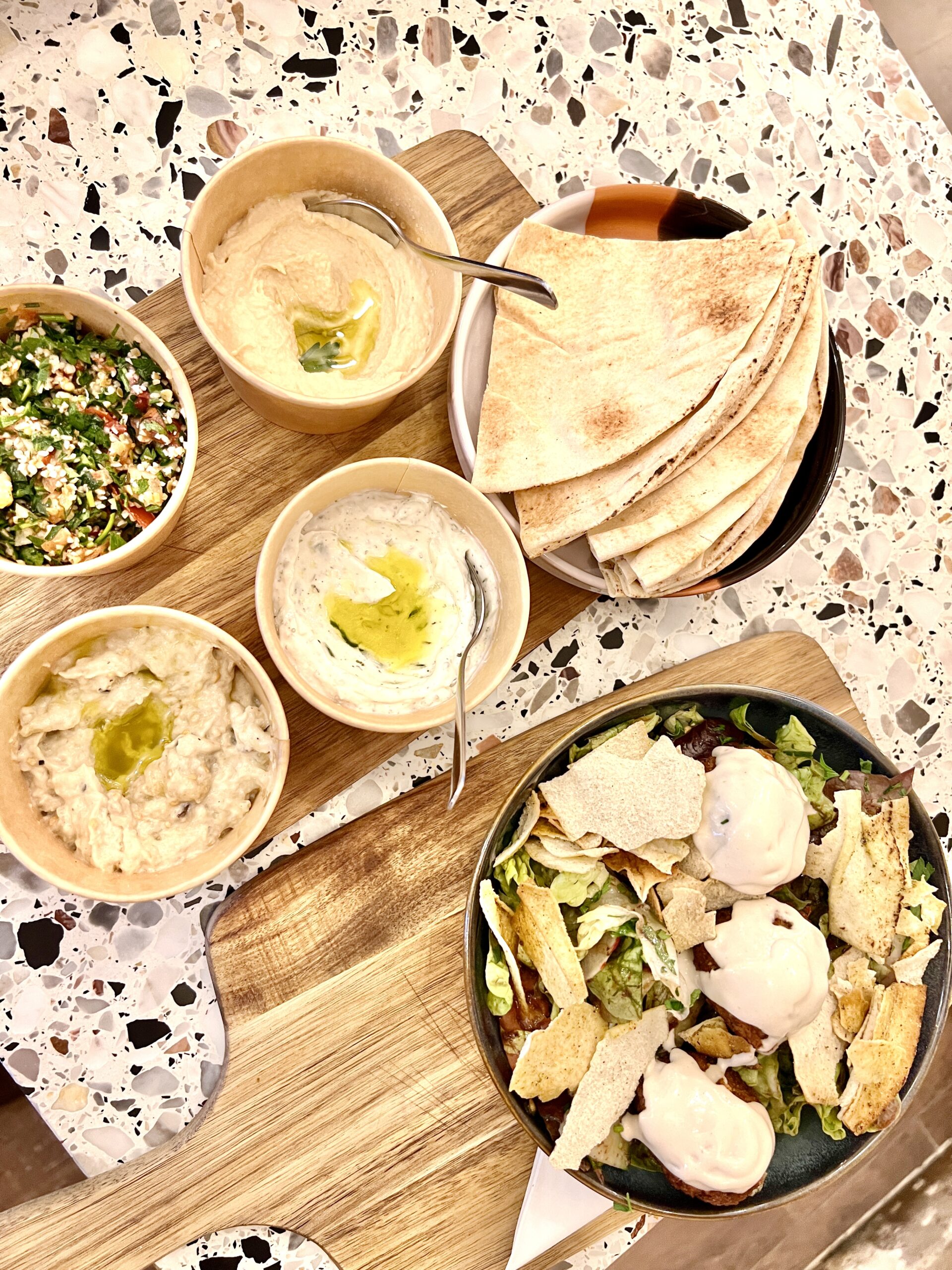
It is not necessarily a low-calorie diet, but rather a way of giving the body the opportunity to metabolize ingredients that it is supposed to integrate without too many health consequences. However, if you notice digestive discomfort, it will be wise to reduce the quantities of vegetables and legumes initially, then to reintroduce them very gradually, in order to accustom the intestinal microbiota to this type of food.
So it's worth a try, knowing that the only ingredients to limit are ultimately those that most nutritionists and nutrition enthusiasts have already identified as being more or less unhealthy, including processed foods, convenience foods and enhancers. artificial taste.
When do we get started?
If this article was useful to you, do not hesitate to comment on it and share it with your friends!
